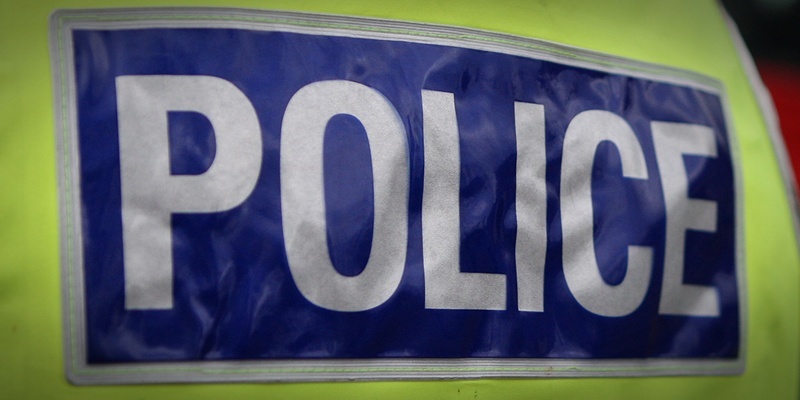The full extent of a trade union’s efforts to engage with the Scottish Police College over allegations of “a historical culture of poor management” going back to 2005 have been set down in a damning document, seen by The Courier.
UNISON Fife’s report has laid bare a catalogue of rebuffed attempts to meet with senior staff at the SPSA regarding perceived problems at the police college, which is set to be the site for a single Scottish police force headquarters in April.
The document sets out the date and content of every email that Mr Duncan sent to the SPSA from June 2011 to June 2012.
The branch officer was repeatedly palmed off and arranged meetings were often cancelled at short notice, according to the report.
Some of the replies from SPSA staff acknowledge Mr Duncan’s concerns about “incidents of bullying and intimidation” and the individual cases he offered as evidence, but “no meeting ever materialised”.
Unison Fife’s report states: “It may be the case that these concerns never reached the college director but given the length of time and the strong contents of the email sent from UNISON to four members of the HR section, three of whom are business partners, it is difficult to accept the head of human resources was never aware of our presence or the statements we were conveying to her team.”
The Courier understands that SPSA senior human resources staff and college director John Geates has seen UNISON Fife’s document.
Mr Geates was keen to look to the future when The Courier contacted him for comment.
“College staff, whether union members or not, care more about how we are going to create a great working environment for everyone at Tulliallan – not how the union and management thought they dealt with one another in the past,” he said.
“Both parties have had their say but we are professionals and we have moved on. Two very constructive meetings have already been held with Unison Fife to agree the way forward for the union, its members and the college management team.”
Alex Duncan told The Courier that Mr Geates has agreed to work closely with UNISON Fife “to address many of the issues raised”.
He added: “As we move forward into the new single force, the lessons learned by the two organisations will hopefully prevent any staff members from feeling isolated or unsupported in the future.”
The nine-page report by UNISON Fife was sent to the Scottish Police Services Authority (SPSA) after senior staff dismissed claims of “systematic bullying and intimidation” of civilian staff at the new headquarters for a single Scottish police force in Tulliallan.
The Courier revealed the allegations in July, prompting the SPSA’s director of human resources Gillian Campbell to release a statement expressing her “surprise” and rejecting the claims.
The director of the Scottish Police College described UNISON’s concerns as “unsubstantiated”, adding: “…we have received no evidence of bullying to support any of the claims made despite repeated requests.”
However, a 2005 survey of union members at the college revealed that 65% “perceived bullying and discrimination”, according to the leaked report.
The document states: “UNISON Fife has been engaged with the Police College regarding the historical culture of poor management of police staff prior to 2005 and how they felt intimidated to raise any concern for fear of reprisals. UNISON Fife was instrumental in trying to change the culture from 2005.
“As the representative at the time, Alex Duncan continued to represent members and highlight concerns until 2007/08.
“After 2007/08 Debbie Thomson from UNISON Fife undertook representation of members and the issue of bullying simply refused to go away. Alex Duncan returned and assumed the role of UNISON representative in early 2011.
“Immediately, at that time, UNISON members raised concerns with him that the culture had not changed.”
An internal SPSA survey carried out after The Courier broke the story in July vindicated UNISON Fife’s claims.
It found that 28% of staff had “personally experienced bullying or harassment”, while 35% thought that their complaint about a line manager’s behaviour “would not be thoroughly investigated” or any action taken.
Almost 40% of workers believed that their complaints were not given the same priority as grievances by police staff.
Scottish Police College Director John Geates later admitted in an exclusive interview with The Courier that there are “areas where there is managerial conflict or poor management”.
Continued on next page…
